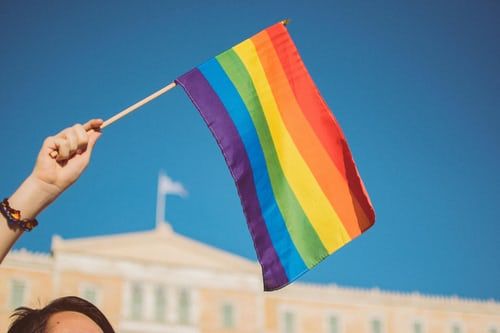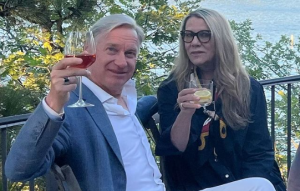From Instagram bios to classroom introductions, pronouns have become one of the very first things an individual mentions to define themselves and their gender identity.
With Pride Month ongoing, let us take a look at the importance of pronouns and how they promote inclusivity and respect.
Before we begin, it is essential to understand why pronouns exist.
The concept of pronouns came into being amid the rise of the LGBTQ+ movement, which emphasizes how gender identity is not always visible to the naked eye, but can be chosen by an individual as a way of self-expression.
Pronouns are associated with gender expression, which according to non-profit organization GLAAD, is the “external manifestations of gender, expressed through a person’s name, pronouns, clothing, haircut, behavior, voice, and/or body characteristics.”
Also Read: All about The Stonewall Uprising: Catalyst for Pride Month
Pronouns exist to avoid individuals from being misgendered, especially those who are trans and non-binary. Because every person strives to be identified exactly as the way they are, pronouns serve as highly effective tools to acknowledge and respect various types of identities.
Also Read: Why LGBTQ community is concerned over possible Roe v Wade overturning
“One of the main reasons why pronouns are so important is because, other than our name, it’s one of the main ways that people identify and call us,” activist Rowan Hepps Keeney told Seventeen.
Here are the most common pronouns-
1. Male pronouns- He/him/his
2. Female pronouns- She/her/hers
3. Gender-non-conforming pronouns- They/them/theirs
4. Gender-neutral pronouns- Ze/zir/zirs
If you are unsure about someone’s gender identity, introduce yourself and ask them what pronouns they identify with and accept.
Also Read: Pride Month: 5 podcasts trying to destigmatise LGBTQIA+ issues
Using pronouns while referring to people is a strong way of being allies to those who have spent years hiding and being embarrassed about their true selves. It is a step towards acknowledging the ever-evolving concept of gender, and normalizing its various expressions with pride.







